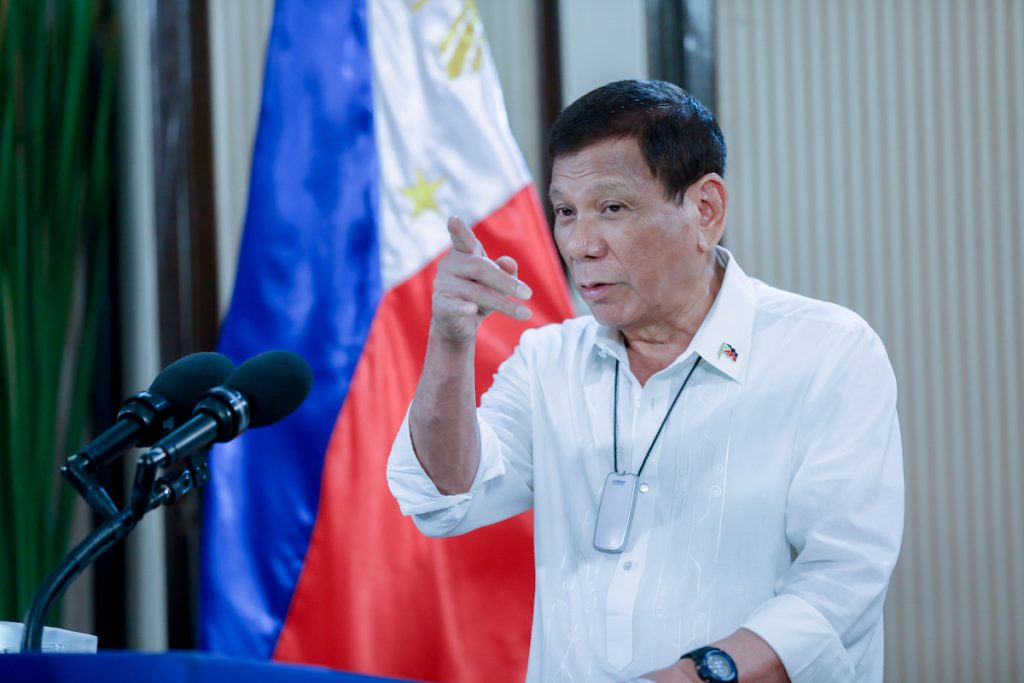U.N. human rights experts have renewed their call for an independent investigation into human rights violations in the Philippines following the release of a report early this month on the situation in the country.
Last year the experts jointly called on the U.N. Human Rights Council to establish an independent investigation into human rights violations in the Philippines.
The council adopted Resolution 41/2 which requested the high commissioner for human rights to prepare a comprehensive written report on the situation and to present it at its 44th session.
The report, issued on June 4, revealed alleged “widespread and systematic killings and arbitrary detention in the context of the war on drugs, killings and abuses targeting farmers and indigenous peoples, and the silencing of independent media, critics and the opposition.”
The report, however, recognized the “important efforts” to improve the protection of economic and social rights and stresses that these efforts should be guided by a human rights-based approach and focused on “leaving no one behind.”
“Given the scale and seriousness of the human rights violations, we renew our call on the Human Rights Council to establish an on-the-ground independent, impartial investigation into human rights violations in the Philippines,” read a statement from the human rights experts released on June 25.
The experts include Agnès Callamard, the U.N.’s special rapporteur on extrajudicial, summary or arbitrary executions; Diego García-Sayán, special rapporteur on the Independence of Judges and Lawyers; David Kaye, special rapporteur on the promotion and protection of the right to freedom of expression; and Dubravka Šimonović, special rapporteur on violence against women, its causes and consequences.
They highlighted what they described as “the staggering cost of the relentless and systematic assault on the most basic rights of Filipinos at the hands of the government.”
They said that based on the “most conservative assessment,” at least 8,663 people have been killed in the Philippines’ war on drugs and 223,780 “drug personalities” arrested, with estimates of triple that number, since July 2016.
At least 73 children were reported killed during that period in the context of a campaign against illegal drugs.
Concerns have also been raised about grave violations against children committed by state and non-state actors in the context of military operations, including the recruitment and use of children in combat or support.
At least 208 human rights defenders, journalists and trade unionists, including 30 women, plus at least 40 legal professionals had been killed since 2015, many of whom were working on politically sensitive cases or advocating for land and environmental rights of farmers and indigenous peoples and housing rights of the urban poor.

President Rodrigo Duterte ordered the country’s withdrawal from the International Criminal Court after the tribunal launched a preliminary examination of crimes against humanity committed in the context of the “war on drugs” in 2018.
The experts noted that the coronavirus pandemic “has further accelerated the downward spiral of the human rights situation in the Philippines.”
“Police and the military have used violence and lethal force to enforce a quarantine imposed without due consideration for the situation of the poorest and most vulnerable communities,” the experts said.
The experts warned that the Philippine government’s attempt to fast track a new Anti-Terrorism Bill will further dilute human rights safeguards, by justifying the arrests of human rights defenders and government’s critics.
“The human rights situation in the Philippines has now reached a level of gravity requiring a robust intervention by the U.N.,” said the experts, adding that the Human Rights Council “must do everything in its power to prevent the continuation of widespread and systematic human rights abuses against the Philippines people.”
“We call on the government of the Philippines to demonstrate real and credible progress toward accountability by engaging with the [U.N. human rights council] and developing an action plan towards the implementation of the … report recommendations,” they added.






